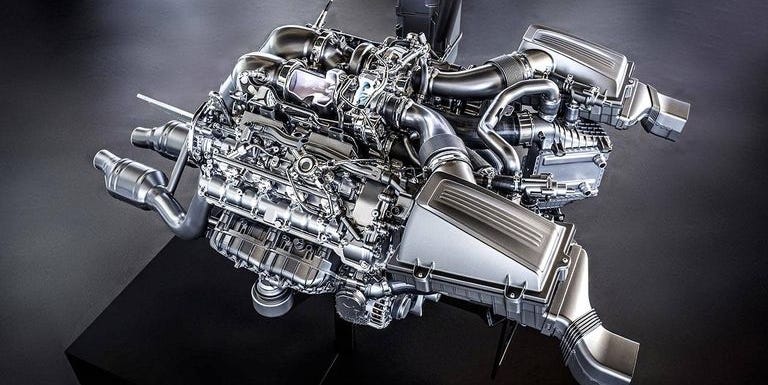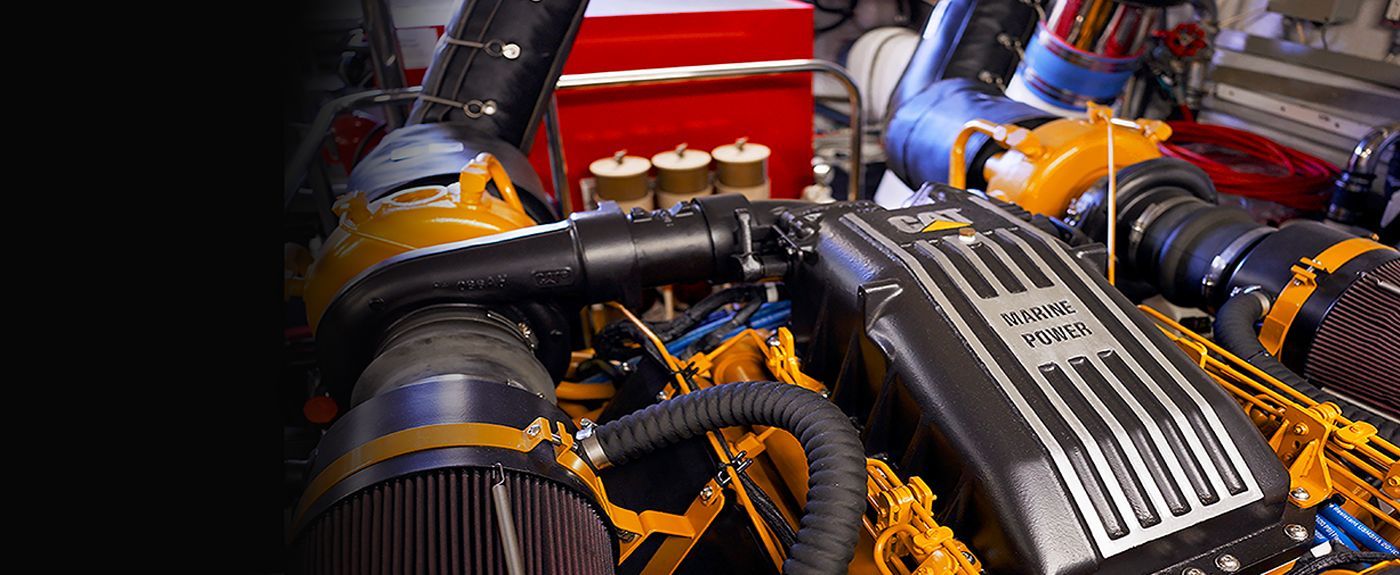Store Engines for Africa and More at Our Extensive Automobile Parts Store
Store Engines for Africa and More at Our Extensive Automobile Parts Store
Blog Article
The Influence of Ingenious Engine Technologies on Power Performance and Environmental Sustainability
In the world of transport and commercial equipment, the constant mission for boosted energy effectiveness and lowered environmental influence has actually brought about substantial advancements in engine innovations. From the gradual change towards electrical and hybrid systems to the integration of turbocharging for improved performance, the landscape of engines is evolving swiftly. The usage of alternative fuels even more diversifies the choices readily available for sustainable power sources. These technologies not just promise a greener future yet likewise hold the possible to revolutionize the way we come close to energy usage and environmental sustainability.
Development of Engine Technologies
The development of engine modern technologies over the decades has actually been marked by continual technology and improvement in quest of enhanced efficiency and efficiency. From the very early days of inner burning engines to the advanced hybrid and electric powertrains of today, the development of engine technologies has actually been driven by an unrelenting pursuit for enhanced gas efficiency and lowered discharges.
One considerable turning point in this evolution was the advancement of turbocharging and straight injection systems, which substantially enhanced engine power output while boosting gas performance. These modern technologies enabled smaller sized, extra light-weight engines that can deliver the performance of larger ones without jeopardizing on efficiency.
Additionally, developments in materials science have brought about the extensive adoption of light-weight products such as aluminum and carbon fiber in engine building and construction. This has not just minimized overall lorry weight but has likewise boosted engine effectiveness by lessening energy losses connected with inertia and friction.
Benefits of Electric and Hybrid Systems
With the growing emphasis on sustainability and power effectiveness, what advantages do electrical and hybrid systems provide in the realm of engine modern technologies? Electric and hybrid systems existing countless benefits that add to a much more sustainable and energy-efficient future. Among the primary advantages is the substantial decrease in greenhouse gas discharges contrasted to standard inner burning engines. Electric vehicles create no tailpipe emissions, resulting in improved air quality and decreased environmental impact. In addition, electric and hybrid systems are more energy-efficient, transforming a greater portion of kept power right into propulsion contrasted to traditional engines. This performance results in lower power intake and operating expense over the automobile's life time. Furthermore, electric automobiles use regenerative stopping systems that save and catch power normally shed during braking, even more boosting energy effectiveness. Crossbreed systems integrate the benefits of electrical propulsion with the versatility of a combustion engine, providing expanded decreasing and driving varieties variety anxiety for consumers transitioning to electric automobiles. Generally, electrical and hybrid systems play a critical duty in progressing power effectiveness and ecological sustainability in the transport field.
Turbocharging for Improved Efficiency
Turbocharging this article works by utilizing a wind turbine to force more air into the combustion chamber, enabling for better fuel burning and raised power outcome without a substantial increase in engine size. By making the most of the performance of the combustion process, turbocharged engines can attain enhanced gas economy and minimized discharges, contributing to ecological sustainability. The extensive adoption of turbocharged engines in both gas and diesel cars demonstrates their performance in stabilizing the original source efficiency, efficiency, and environmental impact.
Taking Advantage Of Different Fuels
Utilizing alternative fuels presents a promising avenue for reducing carbon exhausts and branching out the power sources utilized in transport. As the globe makes every effort to combat climate adjustment and lower dependence on nonrenewable fuel sources, alternative gas have actually obtained considerable focus for their possible ecological and economic advantages.
Biofuels, such as ethanol and biodiesel, are stemmed from eco-friendly resources like algae, corn, and sugarcane, using a cleaner burning choice to typical gas and diesel. These gas can be blended with existing petroleum fuels or used in dedicated engines, offering a pathway to lower greenhouse gas exhausts and boost air quality.
Furthermore, hydrogen fuel cells have become an appealing technology for zero-emission transport. engines for africa. By converting hydrogen gas into power to power electrical motors, gas cell vehicles create only water vapor as a byproduct, eliminating dangerous tailpipe discharges totally
In addition to minimizing carbon exhausts, different fuels can additionally boost power you can try these out security by diversifying the fuel mix and reducing dependence on imported oil. Embracing different gas in transport is a critical step towards attaining an extra eco pleasant and sustainable future.

Future leads and environmental advantages
The environmental benefits of alternate fuels and their capacity for long-lasting sustainability are key considerations in the change towards cleaner power sources. Different gas, such as biofuels, hydrogen, and electrical power, offer substantial ecological benefits contrasted to typical nonrenewable fuel sources. These fuels produce reduced levels of greenhouse gas exhausts, minimizing air contamination and mitigating environment adjustment effects. Furthermore, alternative gas can help branch out energy sources, enhancing energy safety and lowering dependence on limited sources.
Innovations in modern technology continue to improve the efficiency and affordability of alternate gas automobiles, making them extra accessible to customers. By accepting ingenious technologies and alternate gas, the course in the direction of a much more sustainable future comes to be increasingly possible.

Conclusion
Finally, innovative engine technologies have played a vital role in boosting energy effectiveness and promoting ecological sustainability. engines for africa. The development of engine modern technologies, adoption of hybrid and electrical systems, usage of turbocharging, and exploration of different fuels have all contributed to minimizing discharges and increasing performance. The environmental advantages of these improvements are clear, and there is excellent possible for further progress in the future. Engine modern technologies continue to be a crucial location of focus for accomplishing a much more sustainable future.
In the realm of transportation and commercial machinery, the constant quest for boosted energy efficiency and decreased ecological effect has actually led to significant developments in engine modern technologies. Turbocharging works by using a generator to require more air into the combustion chamber, allowing for much better gas combustion and raised power output without a significant rise in engine dimension. By making the most of the performance of the combustion process, turbocharged engines can achieve improved fuel economy and minimized exhausts, adding to environmental sustainability. Alternative gas, such as biofuels, hydrogen, and electrical power, deal significant ecological advantages compared to conventional fossil fuels. The advancement of engine innovations, fostering of electrical and hybrid systems, use of turbocharging, and expedition of different gas have all added to minimizing exhausts and increasing effectiveness.
Report this page